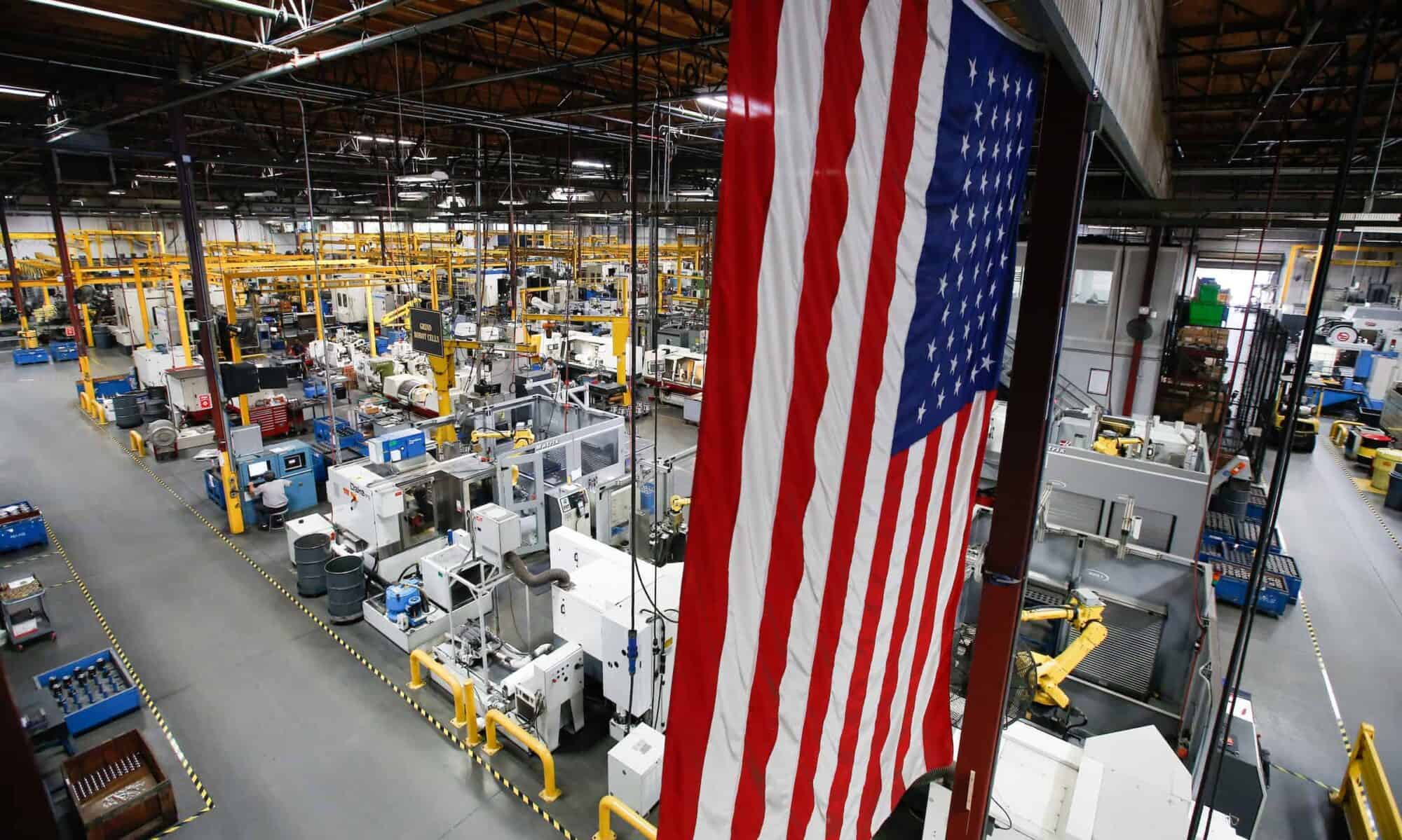


On December 3, 2024, former ambassadors from Canada, Mexico, and the United States convened in Washington, D.C. for the fourth Convocation Program, organized by the U.S.-Mexico Foundation and the Woodrow Wilson Center’s Mexico Institute [543df25c]. This meeting focused on the importance of the United States-Mexico-Canada Agreement (USMCA) as the backbone of economic relations among the three nations, a sentiment echoed by Jay Timmons, President of the National Association of Manufacturers (NAM), who previously highlighted that 94% of manufacturers view the USMCA as essential for their supply chains [1f2a910c].
During the convocation, the ambassadors stressed the need for humane immigration policies and legal pathways to manage migration effectively, reflecting ongoing discussions about immigration challenges in North America [543df25c]. Security cooperation was also deemed essential to combat transnational crime, particularly the fentanyl crisis, which has been a growing concern across the region [543df25c].
In addition to trade and security, the ambassadors agreed on the importance of promoting educational exchanges and tourism, identifying the FIFA World Cup 2026 as a key opportunity for regional unity [543df25c]. This aligns with recent initiatives by Keitha Robson, Chief Administrative Officer of the Timmins Chamber of Commerce, who invited Canada’s ambassador to the U.S. to engage American business leaders on the significance of the Canada-U.S. trade relationship [8d5e189d].
The discussions at the convocation resonate with the sentiments expressed at the North American Manufacturing Conference held in Ottawa, where industry leaders gathered to strategize on enhancing manufacturing ties across North America [1f2a910c]. As the region navigates complex challenges, the emphasis on trilateral cooperation remains crucial for addressing migration, trade, and security issues effectively [543df25c].